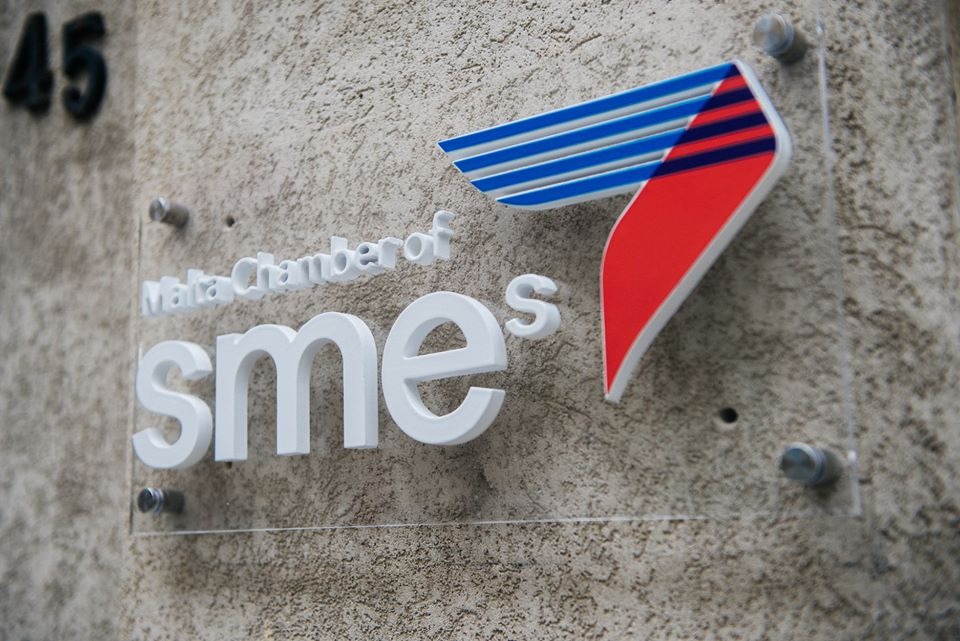Malta’s insularity issues need to be addressed in order for businesses in the country to compete with their international counterparts, the Malta Chamber of SMEs has reiterated.
Highlighting the issue in an announcement detailing a number of Budget proposals, the SME Chamber pointed to the inability of Maltese businesses to compete both outside of Malta and in the country itself, with online purchases.
Companies are unable to be competitive with their prices as a result of the high levels of additional transportation costs that need to be accounted for, as well as issues surrounding economies of scale, it stated.
“Malta’s economy has a number of handicaps, being a small island economy, that makes goods entering Malta much more expensive that in any other country”, the SME Chamber explained.
This problem was accentuated in 2020, as the cost of international shipping increased significantly, becoming 10 times as expensive in some cases, according to the business lobbying group.
Being a small island state, the SME Chamber expanded that Malta has no other option but to be reliant on imports by sea.
It means the country has been unable to address problems related to this increase in import costs in the same ways that others have, according to the SME Chamber.
“Other countries have shifted more of their imports on land-based transport and have stronger manufacturing streams, making them less dependent on imports in the first place”, it said.
Aside from this, Maltese importers and retailers have also been particularly negatively affected by Brexit, the SME Chamber added.
This is because Malta’s small market does not justify the level of bureaucracy and additional costs associated with it for UK businesses to export to Malta.
Additionally, the SME Chamber posits that the Brexit deal struck between the EU and the UK does not take into consideration Malta’s circumstances.
In most cases, according to the organisation, this means that importers end up passing on the increase in costs to consumers, and in some other cases this means losing the supplier they have been importing from for many years and removing popular products from the Maltese market.
Considering this, the SME Chamber said it supported proposals submitted by Malta’s Nationalist Opposition to address issues around insularity and market limitations and detailed three proposals submitted as part of its Budget 2022 recommendations.
Firstly, to address shipping at a macro level, Malta must address the current international shipping situation at EU level in order to explain the particular situation of Malta that would allow specific state intervention.
The country must also attempt to reach out to ally member starts to strike
shipping agreements that would benefit local importers.
This can be done also through Maltese importation hubs, strategically placed in specific member states, the SME Chamber suggested.
Secondly, it stated that Malta’s dependence on importation should be addressed by putting in place incentives that would help local businesses produce products previously imported locally in a sustainable manner.
Finally, Malta should present its case at EU level to get specific exemptions on Brexit procedures, based on its dependence and market limitations, on the paperwork required to import from the UK.
Young adults lead Malta’s tourist arrivals in May 2025
Visitors aged 25 to 44 made up the largest group of inbound tourists
Demand for electric vehicles holds strong despite €3,000 cut to government grant
Hybrid models also continue to attract buyers, despite the end of the grant
Accessible student loans scheme extended
The FSMA + scheme allows students to cover tuition fees, accommodation expenses while pursuing further education in Malta and abroad






